SA scientist wins L'Oréal, Unesco Award

Sifelani Tsiko ---
A South African scientist, Professor Quarraisha Abdool Karim has been named one of five ‘exceptional laureates’ of the 2016 prestigious L’Oréal-UNESCO for Women in Science Award in Africa – a move that boost Sadc’s commitment to advance women in STEM (Science, Technology, Engineering and Mathematics).
Prof Karim of the University of KwaZulu Natal was honoured recently for her ‘remarkable contribution to the prevention and treatment of HIV and associated infections, greatly improving the quality of life of women in Africa’.
The L'Oréal Foundation and UNESCO in a statement announced the recipients of the 2016 L'Oréal-UNESCO.
Five leading women scientists and 15 promising young researchers were honoured recently at the 18th edition of the L’Oréal-UNESCO for Women in Science Ceremony at the Maison de la Mutualité in Paris.
They were honoured for their work and impact in the scientific field.
‘I am honored to be selected for this Award,” Prof Karim was quoted saying.
“I feel privileged to be among the Award’s recipients, as many of the past awardees have been an inspiration to me and many other women researchers I work with.’
Prof Karim is an associate scientific director of the Centre for the AIDS Programme of Research in South Africa (CAPRISA), honorary professor at UKZN’s College of Health Sciences in the School of Nursing and Public Health, and professor of epidemiology at the Mailman School of Public Health at Columbia University in New York.
Nominations for this prestigious award were received from about 2 600 leading scientists globally and the selection was made following a rigorous process by an independent and international jury of 13 prominent scientists in the international scientific field.
“2016’s Laureates bring an extraordinary vision and immediate solutions to major human health issue. All their careers are exceptional, their discoveries truly new and they epitomise top-level research,” said the president of the jury and Nobel Laureate, Professor Elizabeth Blackburn, congratulating the winners.
Prof Karim’s win is a testament to the increasing awareness of the role of science within the Sadc region and the bloc’s commitment to advancing women in STEM (Science, Technology, Engineering and Mathematics).
“Women can do it,” said a biochemist at the University of Zimbabwe. “By winning this award, Prof Karim has once again demonstrated African women inventiveness and excellence when it comes to the sciences.
“With proper support, funding and commitment from scientists within Sadc, women can make it to the top.”
Prof Karim’s scientific and research contributions in understanding the evolving HIV epidemic over the past 25 years has had a profound impact on HIV treatment and prevention policies at a global level.
In 1990 she is said to have led one of the first population-based HIV seroprevalence surveys in Africa that showed the high rates of HIV infection in young women.
She is an associate member of various local, regional and international bodies in the field of sciences.
She is a fellow of the Royal Society of South Africa, Academy of Science of South Africa and African Academy of Sciences.
She is currently Vice-President (Southern African Region) of the African Academy of Sciences.
For the past 18 years, the L’Oréal-UNESCO for Women in Science program has encouraged, promoted and honoured women scientists all over the world.
More than 2 500 researchers from 112 countries have been distinguished for their extraordinary discoveries and supported at key moments in their careers.
Every year, five eminent women scientists and 15 young researchers from all continents are recognized by their peers and awarded before the general public at the international L’Oréal-UNESCO Ceremony in Paris.
“Our changing world has never been in greater need of women and their discoveries. With the For Women in Science program, the L’Oréal Foundation is committed to promoting these women in science who will change the world. We are determined to fight for science and to build a more beautiful world together,” said Jean-Paul Agon, chairman of the L’Oréal Foundation.
For Women in Science Manifesto, a campaign aimed at engaging the scientific community, the institutional and the general public to step up the pace of change for women in the sciences was also launched at the 18th edition of the L’Oréal-UNESCO for Women in Science Awards.
The manifesto which seeks to promote gender equality in the sciences aims to:
- Encourage girls to explore scientific career paths
- Break down the barriers that prevent women scientists from pursuing long term careers in research
- Prioritise women’s access to senior positions and leadership positions in the sciences
- Celebrate with the general public the contribution that women scientists make to scientific progress and to society
-Ensure gender equality through participation and leadership in symposiums and scientific commissions, such as conferences, committees and board meetings
- Promote mentoring and networking for young scientists to enable them to plan and develop careers that meet their expectations
Zimbabwe is involved in a rigorous campaign to promote STEM, to motivate young girls and boys in high schools to pursue scientific subjects and careers.
It also supports young girls to open up opportunities in the sciences where women remain underrepresented.
As part of the country’s long-term human capital objectives, the Zimbabwe government has committed itself to pay full school and boarding fees for all students in public schools who register for science, technology, engineering and mathematics (STEM) subjects starting from this year.
The government sees the development of STEM skills as strategic to improving skills among the youth.
Most SADC governments are still struggling to secure funding to support the development of laboratory infrastructure to promote sciences which are vital in finding solutions to some of the most pressing problems facing the region.
Scientists say African governments must seriously consider investing laboratory infrastructure to promote research and ensure that the continent realises its ambition to become a hub for scientific research in the world.
They say science funding must be at the heart of Africa’s economic strategy and foreign scientific investment must compliment whatever little investment is being done on the continent.
Embracing and investing in sciences, they argue, is the only way to achieve scientific and industrial development in the Sadc region and across the continent.
Most labs in schools and higher education institutions in the SADC region are in a deplorable condition, more funding needs to be channelled towards improving laboratories from primary and secondary schools up to the university level.
No Comments


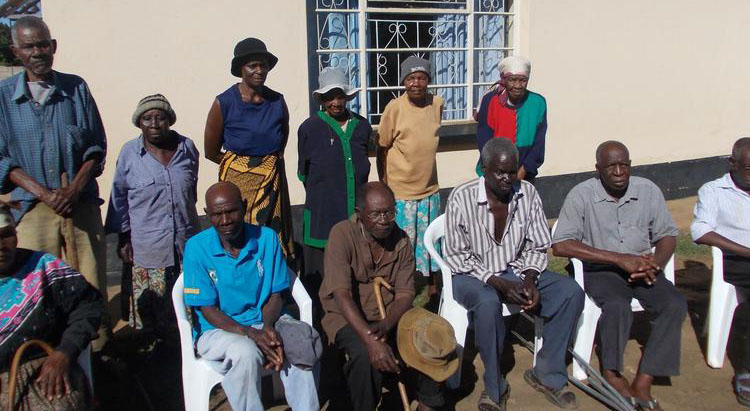


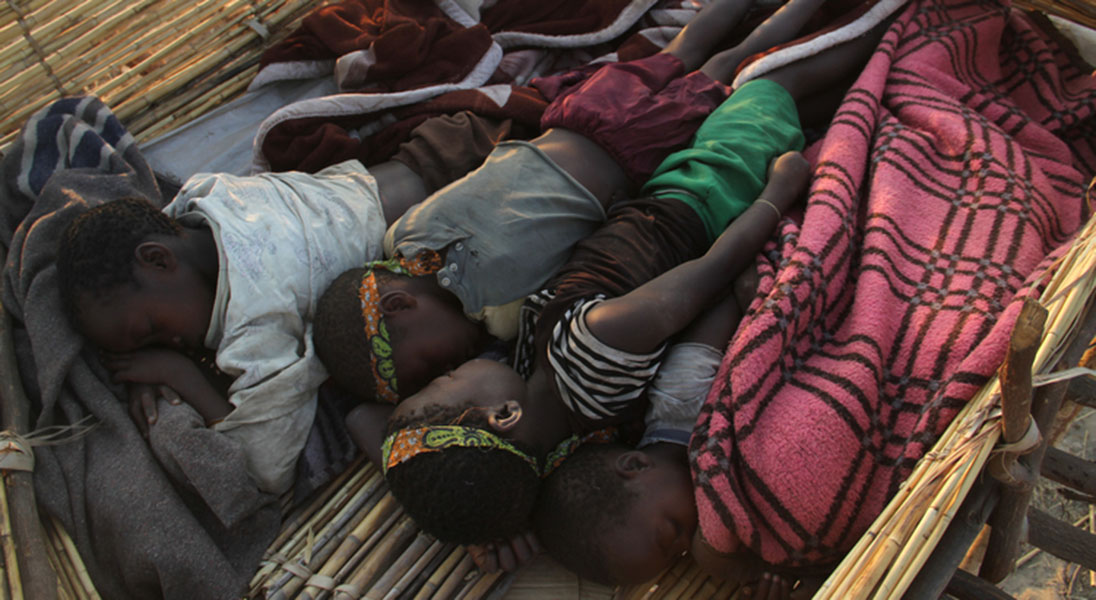

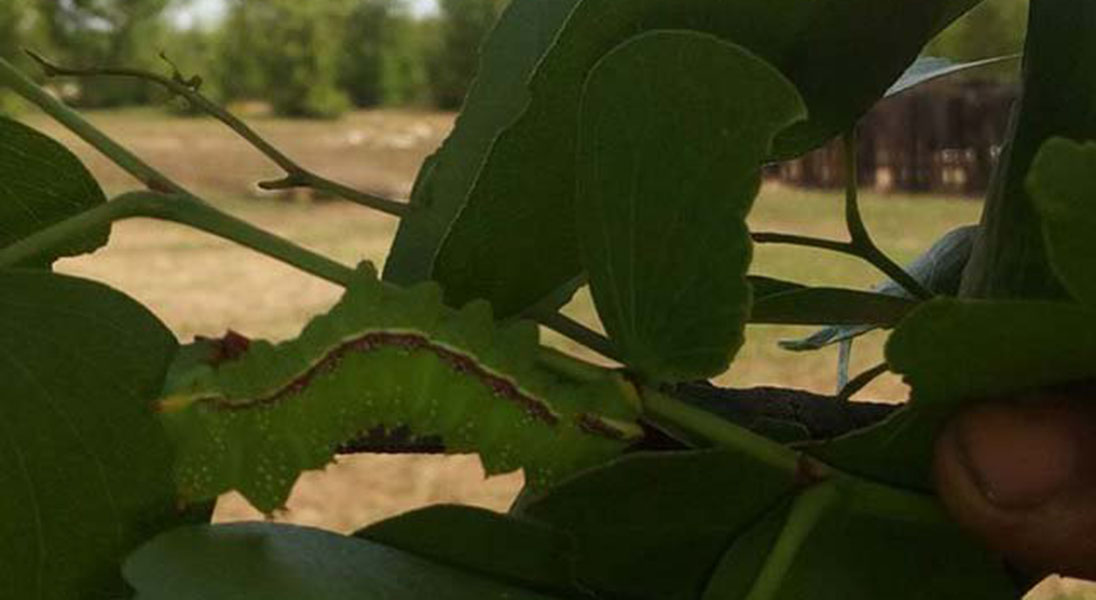

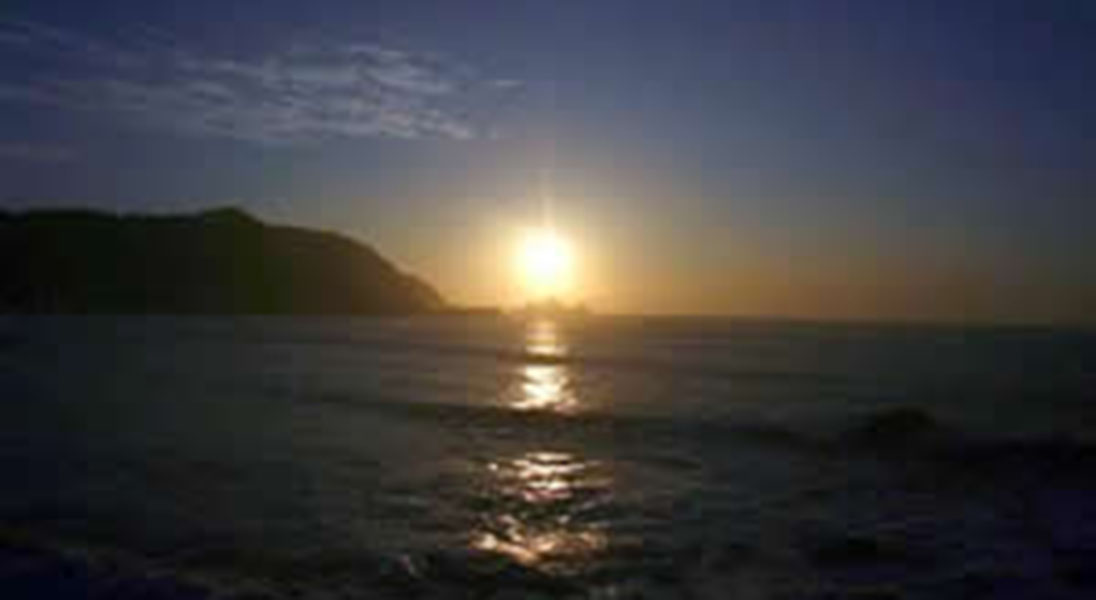
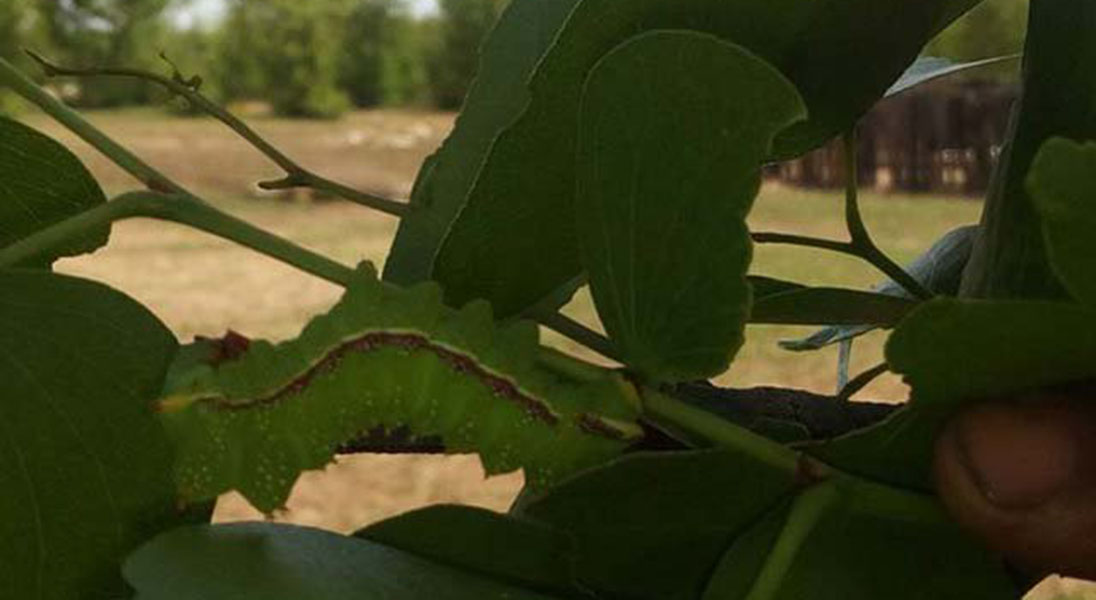
.jpg)
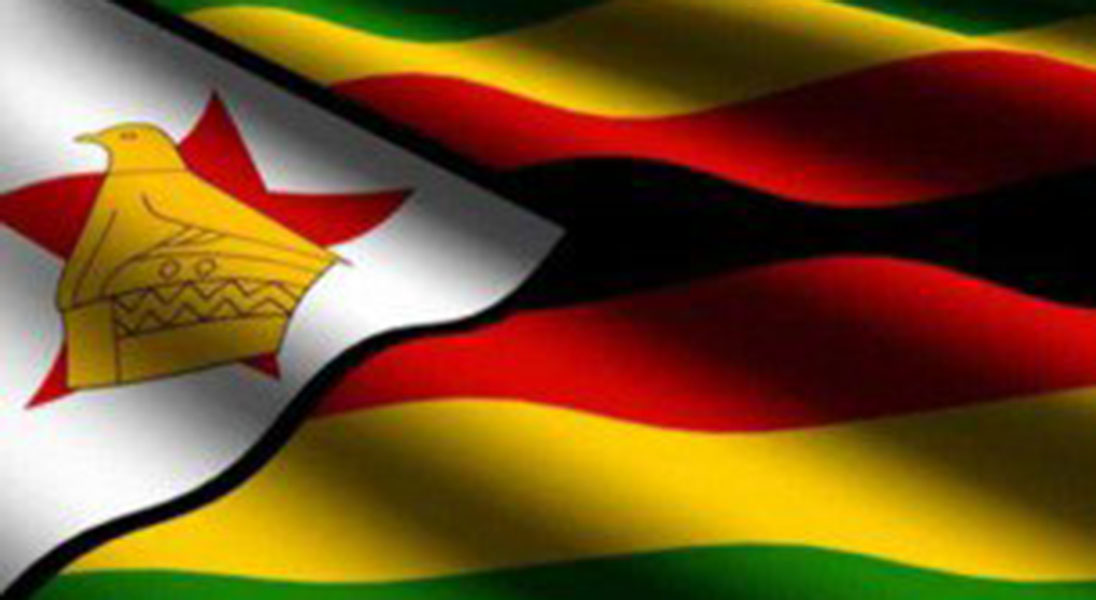

Comment